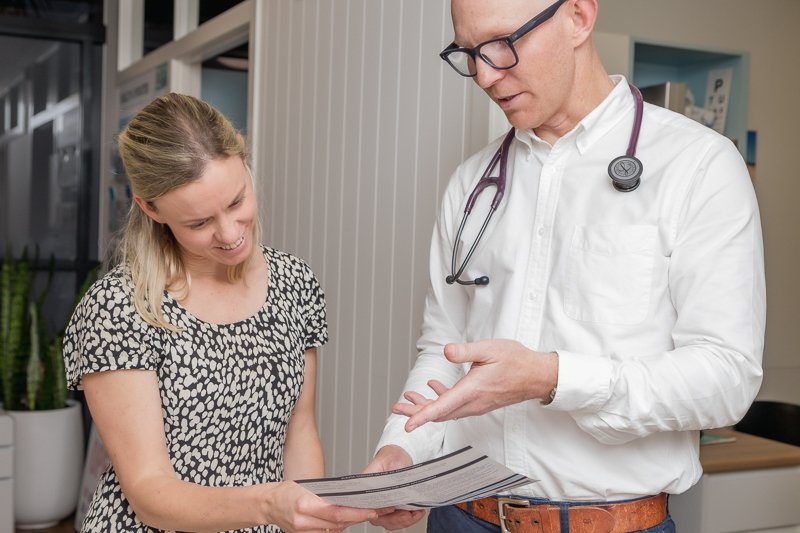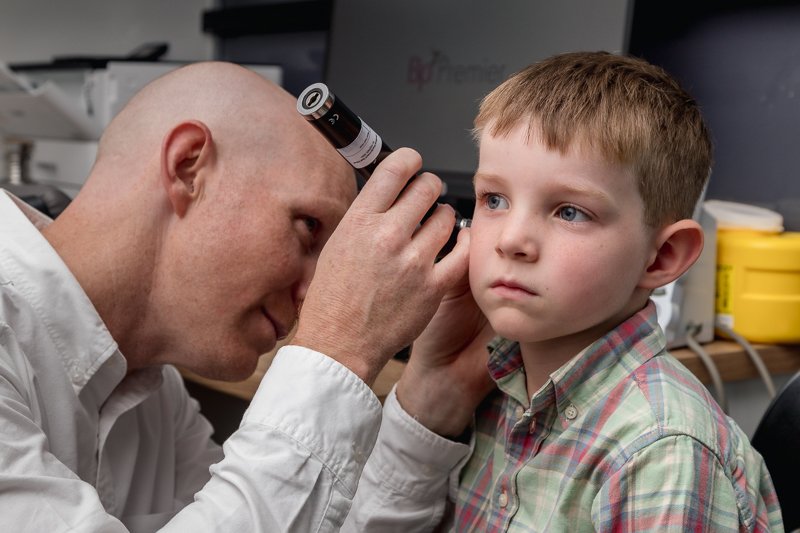What is PCOS?
PCOS stands for polycystic ovary syndrome, a problem that affects approximately 10% of women of childbearing age and around 20% of Indigenous women. It’s caused by an imbalance of reproductive hormones, which cause problems with your ovaries. It can disrupt your periods, change your skin and hair, and lead to cysts on your ovaries. It’s one of the leading causes of infertility but often goes undiagnosed.
What Causes PCOS?
We don’t yet fully understand the causes of PCOS but we think they relate to:
● High androgen levels: All women have some androgens (male hormones) but women with PCOS have high androgen levels, which can disrupt your periods and cause excess body hair, male-pattern baldness, and acne.
● Enlarged ovaries: Your ovaries may be larger than normal and may (or may not!) have cysts on them (‘polycystic’ means ‘many cysts).
● Insulin resistance: Insulin pulls sugar out of your blood and gut to the tissues that need energy but sometimes you start to need more and more insulin to do the job. Women with PCOS often also have insulin resistance, which is more common if you’re overweight, inactive or have a family history of diabetes.
● Family history: PCOS tends to run in families so you’re more likely to have it if your mum, sisters, aunts or cousins have it too.
Signs and Symptoms of PCOS
There are many different symptoms of PCOS, meaning that the condition can be experienced quite differently from one woman to another. That can also make it hard to diagnose.
Common symptoms of PCOS include:
● Disrupted periods: You may have too few periods per year or too many. Or they may stop altogether.
● Hair issues: About 70% of women with PCOS have hirsutism, too much hair on their face, chin and body. Others find that the hair on their head becomes thin and that they develop male-pattern baldness.
● Acne: a spotty face, chest or back.
● Weight difficulties: You may gain weight and find it hard to lose.
● Fatigue: This is one of the biggest symptoms reported by women with PCOS.
Your doctor may also look for signs such as:
● High blood pressure
● Signs of diabetes
● Higher levels of male hormones like testosterone in your blood.
Living With PCOS
PCOS can’t be cured but it can be managed, and some symptoms reversed, through lifestyle changes and medications that help to relieve symptoms.
PCOS Diet
Diet plays a role in managing PCOS for a few reasons. A healthy diet helps manage your weight and that helps combat insulin resistance. Reducing the amount of insulin circulating around your body helps persuade your ovaries to limit their production of androgens like testosterone, which are responsible for many PCOS symptoms.
PCOS Treatment
Your doctor may prescribe medicines to help treat your PCOS. Depending on your symptoms, your doctor may prescribe hormonal contraceptives to regulate your periods and reduce androgens, drugs to improve your insulin sensitivity, or medicines to help manage depression and anxiety.
PCOS and Pregnancy
PCOS can make it hard (but definitely not impossible!) to get pregnant. Your high androgen levels may mean you don’t release an egg at a predictable time each month, or even at all. That makes conception tricky.
Initially, it’s helpful to monitor when you do ovulate (keep a diary) and try to lose some weight as this boosts fertility. If you’re not pregnant after about 6 months, you may need to see a fertility specialist who can help trigger ovulation and time insemination.
How We Can Help
Our doctors at Peregian Family Medical Centre provide skilled and sympathetic treatment to women living with PCOS. We can recommend lifestyle changes and medications to help you manage symptoms of PCOS, including treating any underlying causes of fatigue. We can also refer you to specialists when necessary, such as if you’re struggling to conceive. Please make an appointment today.






